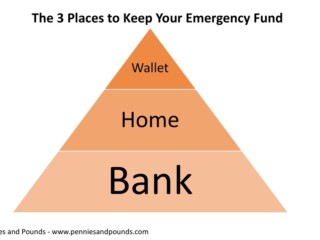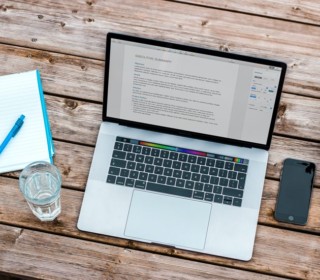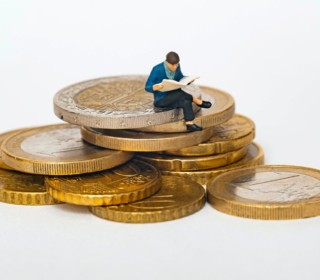This is a topic that’s been covered by every financial blog, podcast, book, or show, but we’ve got to cover it here as part of the basics because a proper emergency fund is a basic necessity to financial well-being and financial health and I…
The common financial rule of thumb says that you should have 3 to 6 months of living expenses in your emergency fund. But what does “living expenses” actually mean? To calculate your monthly living expenses, you need to combine the amount needed to…





















